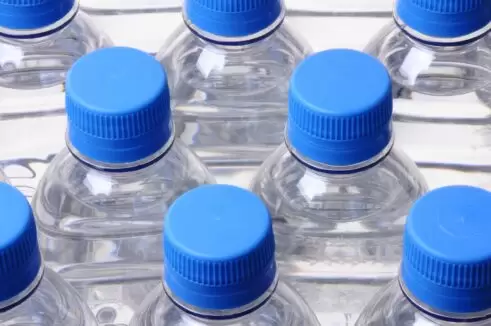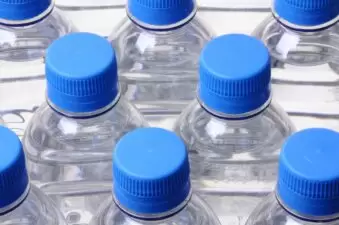
In a world where sustainability and health are increasingly becoming focal points of our daily lives, the seemingly innocuous act of purchasing bottled water is now under scrutiny. Despite its convenience and the perceived purity, the environmental, economic, and health implications of bottled water consumption are prompting many to reconsider their choices. Here are ten compelling reasons why you might want to rethink your bottled water habit.
1. Environmental Impact
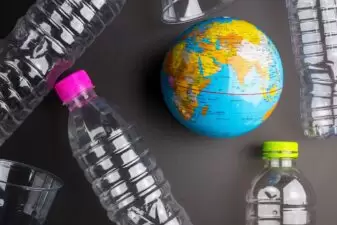
The production and disposal of plastic bottles contribute significantly to environmental degradation. From the energy-intensive manufacturing process to the pollution caused by improper disposal, the lifecycle of a single plastic bottle can have a lasting negative impact on the planet. The majority of these bottles end up in landfills or oceans, where they take hundreds of years to decompose, releasing harmful chemicals in the process.
2. Economic Considerations

Bottled water can be up to 2,000 times more expensive than tap water. When you factor in the cost per gallon, it’s clear that bottled water is not a cost-effective choice for daily hydration. Investing in a high-quality water filter and a reusable bottle can lead to significant savings over time.
3. Health Concerns
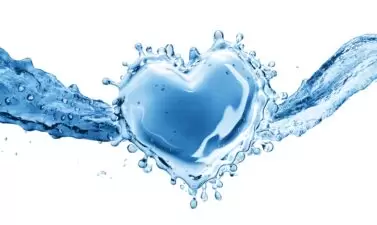
While bottled water is often marketed as a healthier alternative to tap water, it’s important to note that it’s not necessarily safer or cleaner. In fact, some bottled water is simply filtered tap water. The plastic bottles themselves can also be a health hazard, as they may contain chemicals like BPA and phthalates, which can leach into the water and pose potential health risks.
4. Regulation and Safety
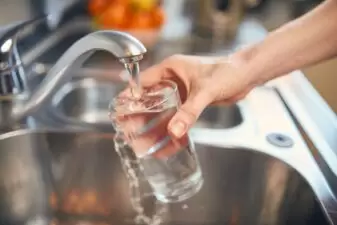
Tap water is regulated by government agencies that enforce strict quality standards, whereas the regulation of bottled water is often less stringent. This means that, in many cases, tap water undergoes more rigorous testing and treatment processes than bottled water, making it a safer choice in terms of contaminant levels.
5. Waste of Resources
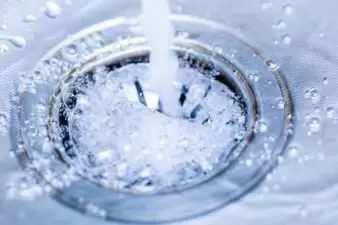
The production of bottled water uses vast amounts of resources, including water and fossil fuels. It’s estimated that producing a single bottle of water requires three times the amount of water that the bottle itself contains. Additionally, transporting bottled water from the source to the consumer involves the burning of fossil fuels, contributing to air pollution and climate change.
6. False Perceptions of Purity
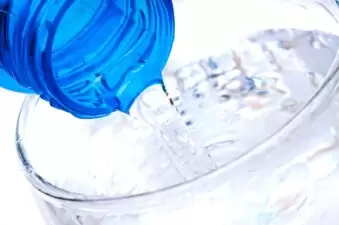
Marketing campaigns have led many to believe that bottled water is the epitome of purity. However, numerous studies have found that bottled water can contain contaminants just like tap water. The difference is often negligible, and in some cases, bottled water has been found to contain higher levels of certain contaminants.
7. Loss of Public Trust in Tap Water
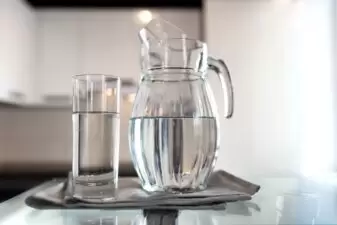
The prevalence of bottled water can undermine public trust in municipal water systems. This skepticism can divert attention and resources away from improving public water infrastructure and ensuring that everyone has access to safe and clean tap water.
8. Social and Ethical Implications

The bottled water industry often extracts water from communities, potentially leading to local water shortages and environmental stress. This commodification of a basic human right raises ethical questions about the privatization of water resources and its impact on communities.
9. Decline in Public Water Investment

As more people turn to bottled water, there may be less public support and funding for maintaining and improving tap water systems. This can lead to a vicious cycle where deteriorating public water infrastructure drives even more people to buy bottled water, further reducing support for public water systems.
10. Missed Opportunities for Sustainable Practices
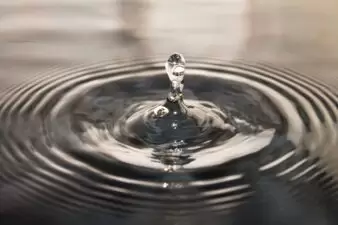
Choosing bottled water over tap water means missing out on opportunities to engage in more sustainable practices, like using reusable bottles and filters. Embracing these alternatives can contribute to a reduction in plastic waste and encourage a more environmentally responsible lifestyle.
Stop Buying Bottled Water Today!
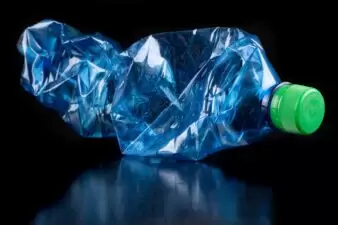
The decision to stop buying bottled water is not just about personal health; it’s a stand for environmental sustainability, economic sensibility, and social responsibility. By opting for tap water, filtered if necessary, and using reusable bottles, we can all contribute to reducing plastic waste, conserving resources, and supporting the development and maintenance of public water infrastructure. The transition away from bottled water is a crucial step towards a more sustainable and equitable world, where clean water is recognized not as a commodity, but as a fundamental right and shared resource.
Read More:
14 Foods That Used to Be Cheap, But Now Break the Bank
The Link Between Poverty and Health: 18 Startling Facts
Catherine is a tech-savvy writer who has focused on the personal finance space for more than eight years. She has a Bachelor’s in Information Technology and enjoys showcasing how tech can simplify everyday personal finance tasks like budgeting, spending tracking, and planning for the future. Additionally, she’s explored the ins and outs of the world of side hustles and loves to share what she’s learned along the way. When she’s not working, you can find her relaxing at home in the Pacific Northwest with her two cats or enjoying a cup of coffee at her neighborhood cafe.

